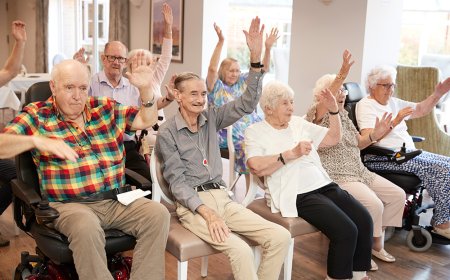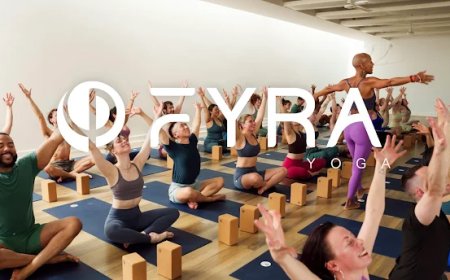Top Ways to Stop Being Self Conscious Fast
Feeling self conscious can hold you back in social situations and everyday life, but it doesn't have to. This post shares quick, effective strategies to help you feel less self conscious — including challenging negative thoughts, practicing mindfulness, avoiding overanalysis, limiting social media comparison, and using exposure to build confidence. Whether you're overly self conscious or just occasionally anxious, these tools can help you become more confident and authentic fast.

Feeling self conscious is something everyone experiences at some point. Whether its speaking in public, posting on social media, or simply walking into a room full of people that uncomfortable awareness of yourself can be overwhelming. For some, its temporary; for others, it becomes a daily struggle. But the good news? You can overcome it.
In this blog post, well explore practical, fast-acting strategies to stop being self conscious, rebuild your confidence, and live more freely.
What Does It Mean to Be Self Conscious?
Being self conscious means youre highly aware and often critical of how others perceive you. It can manifest as social anxiety, hesitation, overthinking, or fear of judgment. While a little self consciousness is normal and can even help you stay socially aware, too much of it can be emotionally exhausting.
If you often feel self conscious, you're not alone and you're not broken. The key is learning how to shift your mindset.
1. Challenge Your Inner Critic
The first step in how to stop being self conscious is recognizing that the harsh voice in your head isnt always telling the truth. You might think everyone is judging your every move but theyre not. People are far more focused on themselves than you realize.
? Try this: Every time a negative thought pops up (e.g., They think Im awkward), counter it with a positive or neutral fact (e.g., Im doing my best, and thats enough).
2. Practice Mindfulness
Mindfulness helps reduce self consciousness by keeping you grounded in the present. It stops your brain from spiraling into what ifs and exaggerated fears about how others see you.
? Mindful technique: Try 3-5 minutes of deep breathing or body scanning before social situations to lower anxiety.
3. Stop Overanalyzing Social Interactions
Replaying conversations in your head? Worrying if you said the wrong thing? This habit fuels severe self consciousness. The truth is, most people forget small social missteps quickly if they even notice them at all.
? Stop asking: How can I stop being self conscious? after every interaction.
? Start asking: Did I show up as my authentic self?
4. Focus on Others, Not Yourself
If you want to feel less self conscious, shift your attention away from yourself and toward others. Ask questions, listen actively, and engage in conversations. This change in focus helps reduce internal pressure.
? Social hack: Pick one person in the room and focus on making them comfortable this redirects your brains energy and lowers your social anxiety.
5. Limit Social Media Comparison
Social media is a breeding ground for self consciousness. Seeing curated highlights of other peoples lives can make you feel inferior or overly self aware. If scrolling leaves you anxious, it might be time for a digital detox.
? Pro tip: Unfollow accounts that make you feel inadequate and replace them with ones that inspire or uplift you.
6. Use Exposure to Desensitize Yourself
If certain situations make you feel self conscious, exposing yourself to them gradually can reduce the fear. This is called exposure therapy, and it helps train your brain to see those situations as non-threatening.
? Start small: If youre afraid of public speaking, try reading aloud in front of a friend first. Then work your way up.
7. Stop Striving for Perfection
Many people who are overly self conscious are also perfectionists. They fear that any flaw will lead to rejection or embarrassment. But perfection is an illusion and vulnerability is what makes you relatable.
? Reminder: Perfect doesnt connect. Real does.
8. Get Support if Needed
If you struggle with severe self consciousness that interferes with daily life, its okay to seek professional help. Therapy especially cognitive behavioral therapy (CBT) is highly effective in managing social anxiety and building confidence.
Final Thoughts
Learning how to not be self conscious takes time, patience, and practice. You dont have to eliminate self consciousness completely the goal is to reduce its grip on your life so you can show up more confidently and authentically.
You deserve to walk into any room without shrinking yourself. You deserve to speak up without doubting your worth. Start with one small shift today and keep going.


































